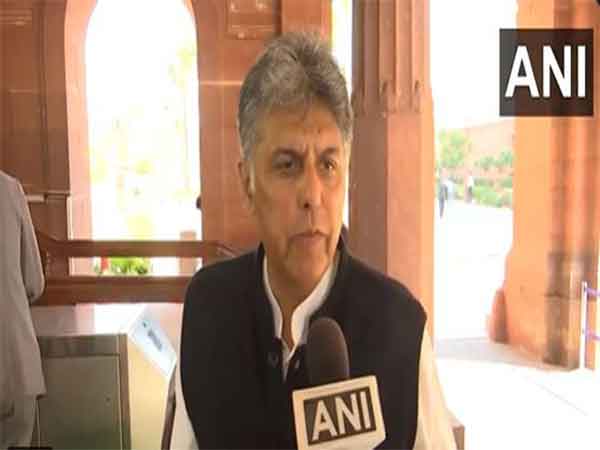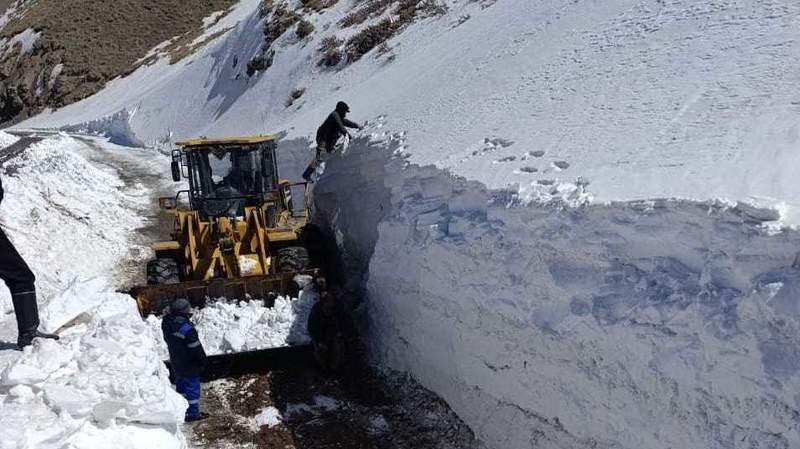
-- Growing up, I was lucky to imbibe two completely different cultures and the experience, perhaps, made me more interested in learning about and experiencing diverse ways of life. Naturally, I was very excited about attending the Arunachal Literature Festival in Itanagar. Organized by the government of Arunachal Pradesh and the Arunachal Pradesh Literary Society (APLS), the event was held between 13th and 15th November 2024 at the Dorjee Khandu Convention Centre.
Even today, literature from not just Arunachal Pradesh but all the north eastern states of the country is underrepresented in the Indian publishing mainstream. “A New Dawn of Literature”, the theme of ALF, was, therefore, quite reassuring. The programme began with author and festival advisor Mamang Dai underlining the importance of literature followed by the state’s governor, Lt Gen Kaiwalya Trivikram Parnaik highlighting the importance of such cultural activities.

A storytelling session by children’s writer Nabanita Deshmukh and her team followed. Similar sessions were held on the subsequent days of the festival as well by Vijaylakshmi Nagaraj, Keselo Tayang and Mehek Mirza Prabhu. Many of these involved school children.
The first day ended with writer and translator Jerry Pinto talking to journalist Ranju Dodum about his love for Mumbai, his literary process, and the need to read in order to become a skilled writer. The second day began with a session entitled Being Us -- A new approach to tribal epistemology in literature , where academic and writer Doyir Ete talked to author and politician Mmhonlumo Kikon, ex-IAS officer and author Sanjay Alung, and academic and writer Kalachand Mahali, who discussed the changing dynamics of tribal people in literature. Sanjay and Kalachand underlined the constant perseverance for jal, jangal, jameen (water, forest, land) while Mmhonlumo called for the need to discuss customary laws which might be hindering the development of communities.
Next, during the Arts & Letters: Exploring Communication and Expression session, sculptor Biren Sinha shared that “art is imagined and reimagined by an artist and then brought into their art”. Writer Ronnie Nido expressed how grateful she was for having the words to express her realities while Assamese translator and author Mitra Phukan emphasised the importance of oral culture. “Writing seems to be overrated and orality has carried eras of history and culture with it,” he said.
Screenwriter and lyricist Ashok Mishra led a workshop on screenwriting where the participants learnt about the need to get into minute details in order to create something genuine. He talked about the film Bawandar (2000) based on activist Bhanwari Devi’s quest for justice and how he had travelled to meet her when he was working on the screenplay. He spoke to her at length and, as a result, the portrayal on screen was genuine, he said.
The last session had poets reading from their work: Ayinam Ering recited Sard Raat (Cold Night ), which questioned the romanticization of nights for people who have nothing, Tana P Isabela highlighted the issue of child sexual abuse and how survivors are forced into silence in her poem, The Rocking Cradle , Sahitya Akademi Yuva Puraskar recipient Ramesh K Nayak recited I Am Not an Untouchable through which he demanded radical and necessary change. The first session on the last day, Ecocriticism: Literature and Environment, had the panel engaging in a heated discussion on the need for conservation. Environmental activist Soumyadeep Dutta said the focus of people from the north-east is not climate change but the loss of biodiversity and that countries like the US and UK should lead the change.
Hindi poet Achyutanand Mishra stated that the question of ecology is rooted in lifestyle and referenced Gandhi’s statement about there being enough for everyone’s need but not for their greed. Conservationist and wildlife historian Raza Kazmi focused on the need to learn about the communities that live in an area before initiating conservation activities there. Younger speakers took over the following session titled Future Writing: Varied Voices , which was moderated by editor and scholar Vishal Pandey.
In the context of AI, writer Khushi Sharma underlined that individuality cannot be replaced. Poet Ramesh K Nayak said that his community, the Banjaras, had always been viewed from the outside and this had inspired him to write about them. Moge Basar too asserted that one of the main reasons that he took to writing was because of the lack of representation of the lives around him.
The comic illustration workshop with Reena Puri, the Executive Director of Amar Chitra Katha, was a great success with young people. At another session, anthropologist Kanato Chophy talked about the diversity of communities in India and pointed out that the north-east, especially, has a rich tradition of oral stories, history and cuisine too. Writer Mahadev Toppo said oral traditions are important to tribal people as they preserve indigenous knowledge systems.
Literature professor Bompi Riba spoke of the need to keep oral traditions relevant and suggested that literature could act as a catalyst in this area. Poets like Hoshang Merchant, Aanchal Anita Dhara, Ketan Yadav, Rituparna Neog, Kuldeep Sumbly Agnishekhar and Sawien Jenkwao from Thailand set the mood at a brilliant poetry recitation session that kept listeners hooked until the end. In the end, participants and the audience agreed that the diverse panels and discussions held against the backdrop of the picturesque location definitely made the Arunachal Lit-Fest 2024 “A New Dawn of Literature”.
Chittajit Mitra (he/him) is a queer writer, translator and editor from Allahabad. He is co-founder of RAQS, an organization working on gender, sexuality and mental health..











